This is the story of Major DP Singh, also known as India’s first blade runner. He was a man who rose from humble beginnings and was a frontline warrior in the Kargil war. This is my best attempt at trying to recreate the graphic novel in the written form.
DP was dropped off at his grandparent’s home for the holidays, but this time it was no ordinary holiday. His grandparents had recently lost their two sons, one to cancer and the other to an accident. They left poor DP to fill the void in their lives. As his parents took leave, DP was in tears and begged his mother not to leave him, but to no avail.
DP had to start over his life in Bhutan as his father worked in the Border Roads Organisation, He was seven then. DP attended school in Roorkee, Kendriya Vidyalaya.
DP was keen to go home after school, as he wanted to know if his mother had sent any letters. So he would always leave in a hurry after class ended. The frequency of the letters eventually dwindled and so did DP’S spirits. He felt that his grandparents ignored him. They were an older generation, and they were not the pampering type. He stole money to buy candy and would often be punished. He didn’t enjoy doing the chores that were assigned to him. He felt like he was being used.
And one fine day he had enough and left home.
He wanted to go to his maternal grandparent’s home, which would take him nearly three days to reach by foot. And so off he went after about 5 km a known face had caught DP’s face. He was the domestic help. He sat DP on his bicycle and took him home. DP was ashamed at what he had done and didn’t say a word, but this was the turning point in the young boys’ life. The army officers who were passing by had captured his attention.
He was in awe of their stature and build. They were charismatic and stood in poise.
That night he made a decision. He said to himself that my parents have left me here for a reason, and I need to prove to myself that I am worthy of something. He decided that he will join the Indian Army. He was 13 then.
He had the similar inspiration to his religion. He developed this connection when he visited the gurdwaras with his grandfather. Service to man is service to God. Live life to the fullest and help those around you. Destiny brings you to the right place at the right time. These sayings told by grandfather echoed in his head.
The Mandal commission happened in 1990 protests and riots were a common sight. Police had to resort to lathi-charge to stop the protestors.
DP hadn’t studied the entire year and the conduction of the exams was in doubt too. So he took the benefit of the doubt and didn’t study. It would lead him to fail in his 11th exams, which were held shortly. He would receive a lot of backlash at home and at school as his peers had managed to pass, whereas he didn’t. He was disappointed and rightfully so, but not at his failure, but at his lack of effort.
Everything happens for a reason is a common theme that would resurface in DP’s life. He had to attend 11th classes during his summer break while his peers were preparing for the 12th boards. One day while leaving school a young girl ran towards him and she was covered in bees. DP put his sweater over her and took her to the school hospital. The doctor said had he been even a minute late, the outcome would have been fatal.
DP gave his 11th exams and passed and also his 12th boards. Now it was time to take the NDA exams, but he didn’t get through.
He wanted to join the army as an officer only and not a jawan, so he decided to take the exams again next year, but family conditions would not permit him to do so.
His father had recently lost his job and had become schizophrenic. He had to support his family, so he took the banking exam, cleared it, and got a desk job as a clerk. He had to realign his dreams according to the situation: JOB- CDS –IMA-ARMY.
He worked at his desk job and garnered a lot of experience while living there; he had to share a bathroom with 20 people, his neighbors could hear him prepare for his exams, at first it bothered him, but he noticed to deal with it.
DP attempted the CDS exam but couldn’t get through in his first attempt. He was dejected, and his friends tried to cheer him up and asked him to forget the dream and settle for what was life offering him. But he had a goal, and he would not be satisfied until he saw it happen.
He decided to give it another go and prepared more rigorously. He succeeded in his second attempt but unfortunately didn’t make it through the SSB interview, which was a five-day test. He was left distraught once again.
His friends cheered him up by bringing him to a movie, but little did they know he was the only one in the theatre to watch the entire movie in tears.
He was not the type to give up and had another go at the CDS by this time he was familiar with the questions asked, and he breezed through comfortably.
On the day of the SSB, he followed what the Bhagavad Gita says: give it your best and don’t worry about the results, and that’s exactly what he did. He cleared the SSB in his second attempt.
He was welcomed to the IMA and had to undergo training there for 18months. Life in the IMA was tough, rigorous, and intense, and injuries were common because of the intense physical activities. And after 18 months at the academy, DP graduated as a 2nd lieutenant officer. They commissioned him to join the seventh battalion of the Dogra Regiment in Hyderabad on Dec 6th in 1997.
Training continued where the young officer’s course was mandatory. It was a grueling 40-day Bootcamp where soldiers were pushed beyond the boundaries of their physical endurance to become physically and mentally stronger and acclimatize themselves to the brutal war conditions. On the last day of the Bootcamp, a march of 38km had to be completed. To add to the difficulty, the troops had to carry a backpack with battle gear weighing 18kg and a 4.5kg rifle.
While the march had barely started, DP stepped on a stone and twisted his knee. He carried on and completed the march, although the thought of quitting had occurred. On that day, he understood that you only realize your strengths when you go through something that you thought was not possible.
He had a dodgy left knee and had to undergo surgery. He was advised bed rest for two months by the doctors.
It was early May 1999 when Pakistan infiltrators had crossed the line of control and taken key peaks. They sent six Indian soldiers to investigate, but they did not return. They then enacted operation Vijay to flush out the infiltrators.
DP Singh was now promoted to major because of the war and had to join his unit in Pallanwala. The post was on the riverbed of Manawar Tawi. There was relentless firing from both sides and they had to be on their toes. The soldiers had to manage on just a few hours of sleep. Operation Vijay resulted in a decrease in bombardments by mid-July.
On the early morning of 15th July 1999, the Pakistan army had launched a mortar attack. It landed just 1 and a half meters from DP Singh, Over one hundred pieces of shrapnel had pierced his body and caused heavy blood loss. The stretcher-bearers disregarding their own safety took it upon themselves to carry the major to the ambulance, which was 700 meters away.
In the ambulance, the doctors tried to keep the major conscious by asking him irrelevant questions. Despite the doctor’s efforts, he lost consciousness. On arrival at the military hospital in akhnoor, they presumed him to be dead.
Luckily The major survived, and he was treated there for 3 days. But his condition didn’t improve, and doctors shifted him to the command hospital in Udhampur.
His condition was critical, and his body was deteriorating rapidly. Fearing the worst, his family had rushed to the hospital.
Gangrene had set in his right leg and a majority of the calf muscle was lost, he had to be amputated. The Major bravely replied to the doctor to do what’s best. He recited everything happens for a reason to his mother, who was by his side. His intestine was badly damaged and even that had to be removed.
He didn’t let his condition to bother him and always tried to be in high spirits to keep the moral high of those around him. He had to take 12 eggs a day to gradually increase his protein intake and when intake of food orally was rejected. He was given the intake through IV and drips to replenish the loss.
On 26th July 1999 operation, Vijay was a success, but it came at a price more than 500 Indian soldiers had lost their lives.The day would be celebrated as Vijay divas by the nation. They then shifted the Major from Udhampur to Jammu for better facilities.
Seeing the major’s fast recovery, the doctors shifted him to the artificial limb center in Pune.
At the Pune hospital, the major was asked to check his weight, and it was a mere 28 kilos to his disbelief. He hopped on the scale a couple more times just to make sure, but the scale wouldn’t budge. The Major received his first prosthesis in Pune. He could now move around without crutches, and when he stood on the scale, it increased his weight by 8 kilos.
He then got married and returned to the army, this time for a desk job because of his condition. He would have frequent mood swings and bouts of depression because he couldn’t lead an active lifestyle anymore. His personal life as a result collapsed.
Many who encounter traumatic incidents in their life suffer from PTSD. In two years, he was admitted for psychiatric treatment, which helped but only temporarily.
He was angry and frustrated at his situation, and here comes another turning point:
He felt the worst pain when he looked at his son. He felt that his son was being punished for no fault of his. He wanted to set a good example for him and got his life back on track. He got back to his banking job and wanted to provide the best for his family.
To satisfy his adrenaline rush, he thought of getting back to a familiar activity: RUNNING.
He competed in the Delhi half marathon in 2009, which was his first marathon with no preparation. His prosthesis was not suitable for running, but regardless, he finished with a time of 3:49. The crowd skeptical at first was his rallying cry when he finished. With each run, he got better and more support.
The Indian Army recognized his passion for running and gifted him a newly imported prosthesis. This time when he competed in the Delhi half marathon in 2011, they gave him a new name, India’s First Blade Runner.
The transformation was not an easy one; he helped people who were going through what he went through (PTSD and Amputation). He started a movement called the challenging ones where physically challenged people and amputees ran to spread awareness. It changed society’s perception of the physically challenged.
Seeing the success of The Challenging Ones, he started a new movement called The Swachhability Run. The Swachhability Run was another success with overwhelming support from the people.
He now shares his story with educational institutes and major corporations as a motivational speaker at various events. He is forever grateful to The Indian Army for shaping him to be the man that he is today. But now he serves differently.
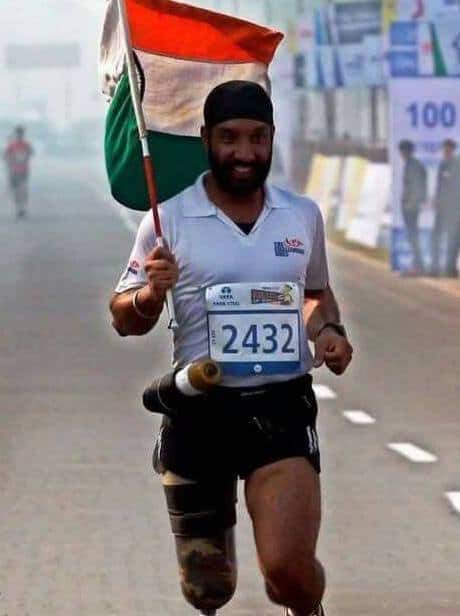
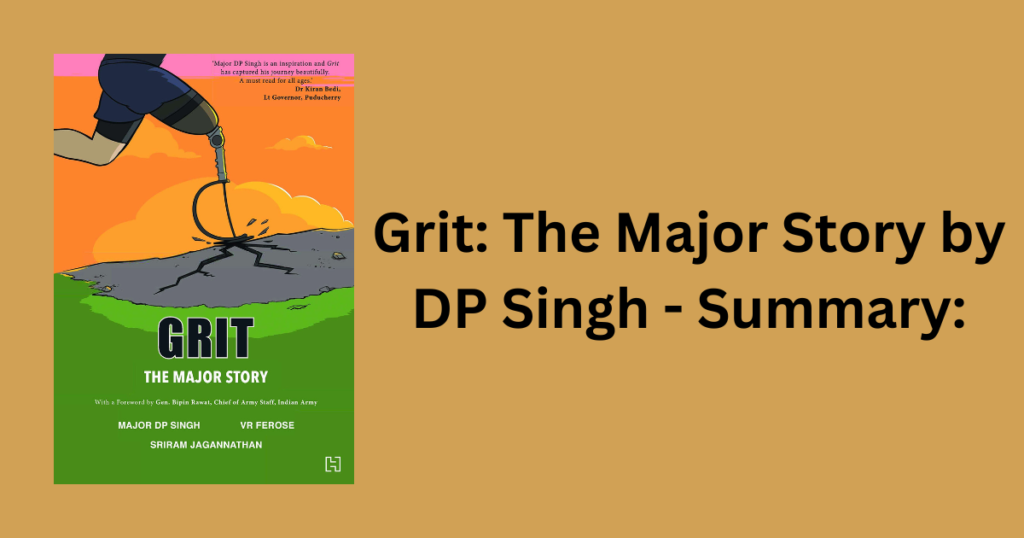
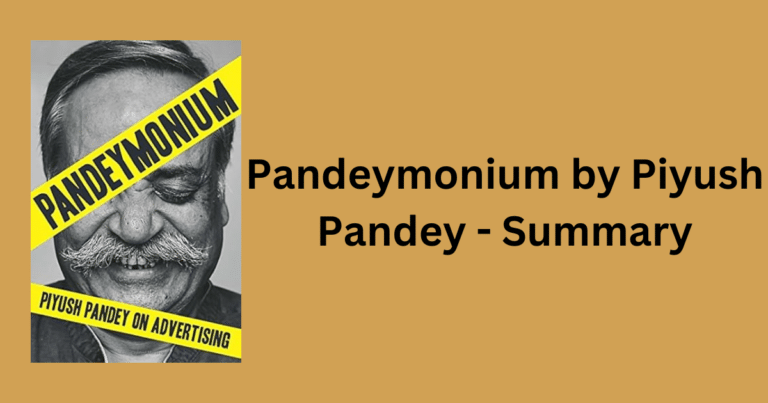
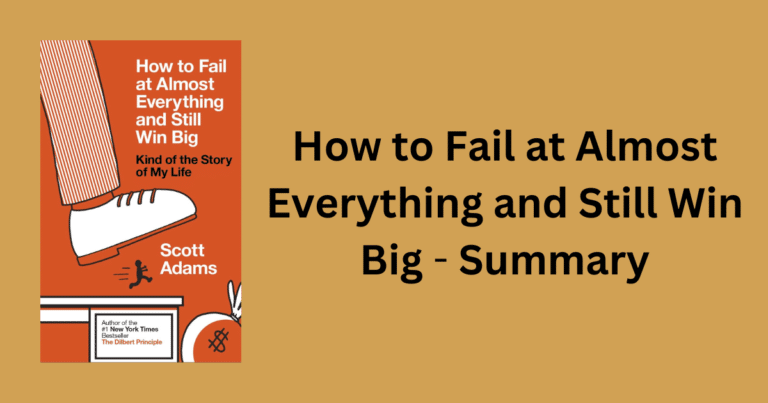


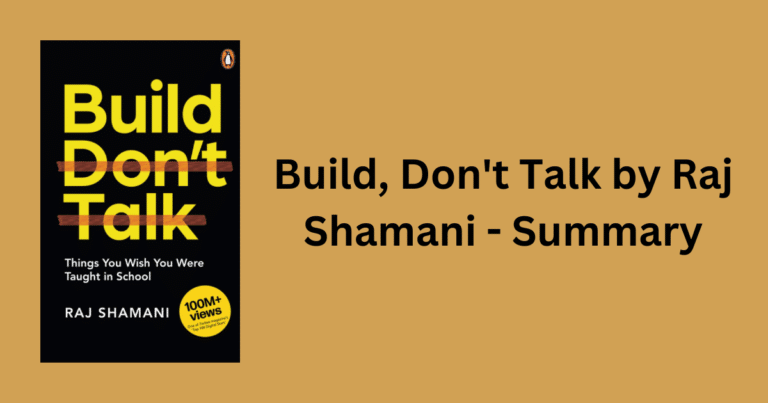


1 thought on “Grit: The Major Story by DP Singh – Summary:”
Pingback: купить газовый котел